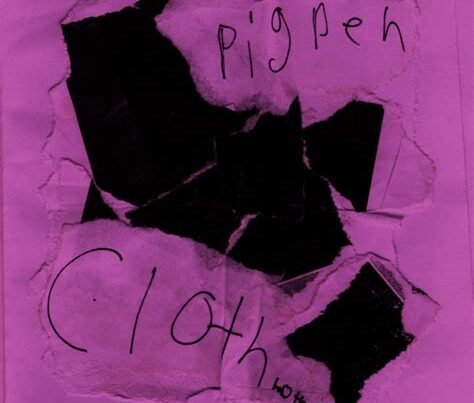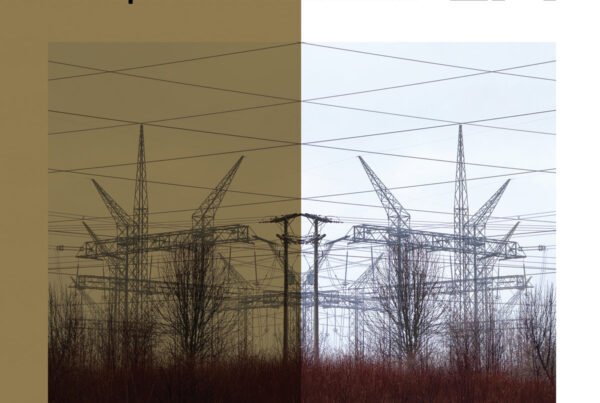On their newest album Luz Devora, Joliette are exploratorily looking deep into the tunnel while other are still looking for a way out from it.
Joliette are an experimental mathcore/post-hardcore group from Puebla, Mexico, whose newest endeavor Luz Devora saw the light of day on July 2. They gained a lot publicity earlier this summer, when a US border patrol revoked their Visas and banned them for entering the States for five years for undisclosed reasons. While it was (and definitely still is) a worst-case-scenario for the band in the middle of a tour, on the brighter side of things they received significant support from the music community, all the while media reports brought them a notable amount of attention. That’s also how I stumbled upon them for the first time, and given that the circumstances were quite dull, it was a surprisingly pleasant occasion for me personally.
Joliette‘s back catalogue reaches back to 2011, encasing ten releases with various functions (read: full-lengths, EP’s, splits and an Audiotree studio live recording). My June playlist was pretty much set in stone then and there after learning they’ll release a new album a month later. I took a dive into all of their previous material, which provided good grounds for this rather coincidental review.
Luz Devora feels like a step-up on every single musical level of theirs. The punk vibe is still there, but it seems to be more calculated this time. By that I mean that the compositions feel more thought-out. This doesn’t compromise the honesty expressed on their previous efforts; neither does it make them feel bland or restricted. It’s clear the band has worked on improving themselves, mainly by expanding their comfort zones and output altogether. You will hear the same band as before, but from a more experimental and serious angle. The experimentalism is audible in the more complex writing, as well as the interesting fact that each song sounds like they’d be produced differently. The latter proves to be a varyingly good and bad method, considering that Luz Devora clocks in almost an hour. Utilizing a wide range of different tones keeps the listener’s fatigue to a minimum, but makes the entirety feel a bit scattered and all over the place, production-wise.
“Cecapsis” opens the effort in a violent manner, with dissonant riffs and punishing drum beats. Catchy choruses also work wonders whenever they’re executed well, and they very much are here, so I got pumped up right from the beginning. The following track “Vacío” stays within similar boundaries, providing the album an excellent start. To highlight some of the following tracks, the hardcore-oriented “Muletilla Japonesa (あのう)” will kick your teeth in, while the almost tongue-in-cheek instrumentation of “Las Gorras Mayúsculas” provides you with memorable hooks and a wide smile. Each individual track seems to have brilliant moments that can be picked up and pointed out. Around the middle of the LP, though, it starts to feel like there’s just too much material on it. Given the longer track lengths and the overall dense atmosphere, a little less might have resulted in a more coherent whole.
These doubts of mine, however, get pushed into the corner during the final three tracks. “Pudre Infante”, “Señor Mora”, and “Defenestra” correct the album’s course perfectly. The latter in particular, being an almost eleven minute-long epic, tones down on the aggression and relies on building the atmosphere. It’s a good sign when you are already 45 minutes into and album and the band still manages to sweep you off your feet. The track is a wavering giant, constantly in motion and sprouting new branches. Obviously written straight to its place, it acts as a magnificent closer.
Luz Devora leaves you with a good feeling, despite the few dips and inconsistencies along the way. The songwriting is interesting and quite catchy throughout, but getting through all of it in one sitting is a bit of task. I’m still pretty sure that everyone who has enjoyed Joliette‘s earlier releases will love this album. Luz Devora is a strong release, as you should expect from band like this, albeit one that’s taking its sweet time to digest.






